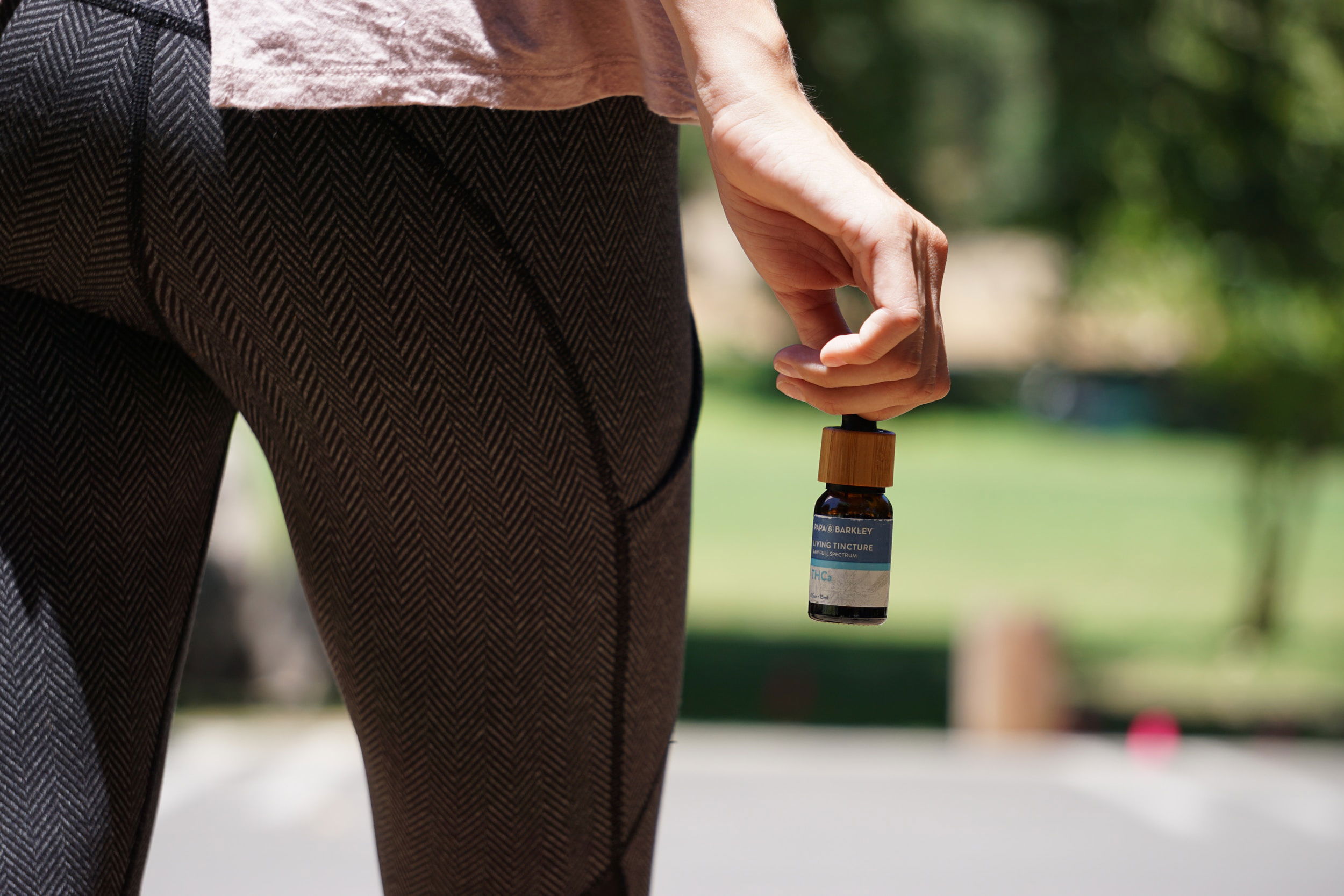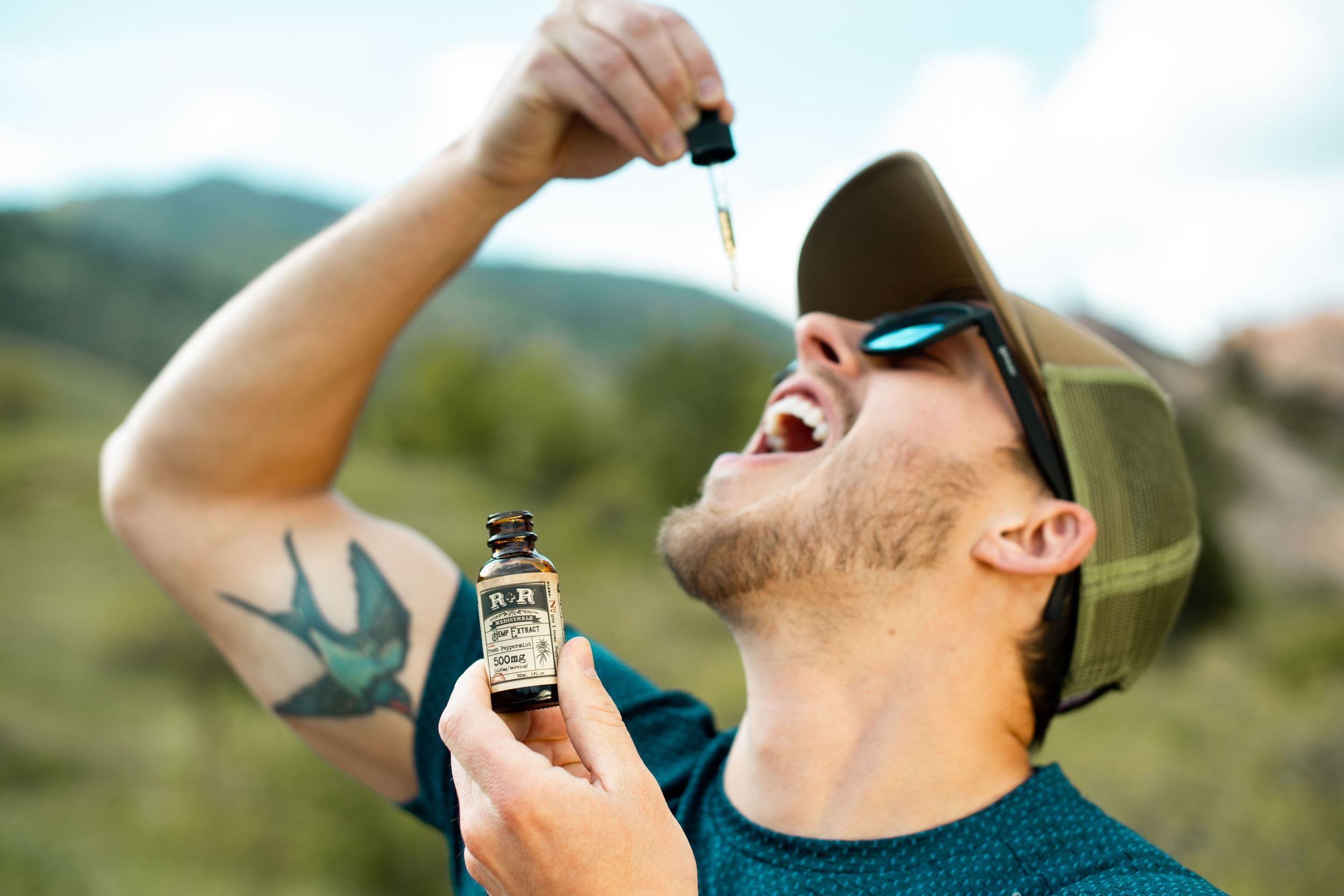Sports and Recovery: CBD Oil's Impact on Athletic Performance
Athletic performance is a multifaceted endeavor that requires physical strength, mental resilience, and effective recovery strategies. As athletes continuously seek ways to enhance their performance and optimize recovery, CBD oil has emerged as a topic of interest. Derived from the cannabis plant, CBD oil is gaining attention for its potential to support athletic performance and aid in recovery. In this article, we will explore how CBD oil can influence athletic performance, aid in recovery, and contribute to the well-being of athletes.

The Demands of Athletic Performance
Athletes engage in rigorous training, pushing their bodies to achieve peak performance levels. However, intensive training can lead to muscle soreness, fatigue, and even injuries. Moreover, the mental stress of competition and the pressure to excel can impact an athlete's psychological well-being.
CBD Oil's Potential Impact on Athletic Performance
Cannabidiol (CBD), a non-psychoactive compound derived from the cannabis plant, interacts with the body's endocannabinoid system (ECS). The ECS is involved in regulating various physiological processes, including pain perception, inflammation, and stress response. CBD's interaction with the ECS may contribute to its potential impact on athletic performance.
Scientific Evidence on CBD's Effects on Athletic Performance
Research into CBD's effects on athletic performance is still evolving, but there are promising findings that suggest its potential benefits. A study published in the European Journal of Pain in 2016 discussed the potential of CBD for pain management and its anti-inflammatory effects. The researchers noted that CBD might influence pain perception and contribute to reduced discomfort.
Another study published in the Frontiers in Sports and Active Living journal in 2020 explored athletes' perceptions of CBD use for recovery. The study indicated that athletes perceived CBD use as beneficial for improving sleep, reducing pain, and enhancing overall recovery.
CBD's Role in Recovery and Sleep
Recovery is a crucial component of athletic training, allowing the body to repair and rebuild after intense exertion. CBD's potential anti-inflammatory effects and its role in sleep improvement may contribute to more effective recovery. By promoting better sleep quality and aiding in muscle relaxation, CBD could potentially enhance recovery processes.
Incorporating CBD Oil into Athletic Routines
When considering CBD oil for athletic performance and recovery, it's important to choose a high-quality product from a reputable source. CBD oil can be taken orally, sublingually, or even applied topically for targeted relief. The appropriate dosage may vary based on individual needs and health conditions.
Consulting Healthcare Professionals
Before incorporating CBD oil into their athletic routines, athletes should consult with healthcare professionals, especially if they are subject to anti-doping regulations. Healthcare professionals can provide personalized guidance based on an athlete's specific health goals, training regimen, and any ongoing treatments.

Conclusion
Athletes are constantly striving to reach new heights in their performance while prioritizing their well-being and recovery. CBD oil's potential impact on athletic performance, its anti-inflammatory effects, and its role in sleep improvement present an intriguing opportunity for athletes seeking natural ways to enhance their training outcomes. While research is still unfolding, the existing evidence suggests that CBD's interaction with the endocannabinoid system, its potential pain-relieving effects, and its contribution to recovery processes could contribute to optimizing athletic performance and well-being. Integrating CBD oil into an athlete's routine, under the guidance of healthcare professionals, could be a step towards achieving a balance between peak performance and holistic health.
Sources:
- Russo EB. Cannabinoids in the management of difficult to treat pain. Ther Clin Risk Manag. 2008;4(1):245-259. DOI:10.2147/tcrm.s1928
- Crippa JA, Derenusson GN, Ferrari TB, et al. Neural basis of anxiolytic effects of cannabidiol (CBD) in generalized social anxiety disorder: a preliminary report. J Psychopharmacol. 2011;25(1):121-130. DOI:10.1177/0269881110379283
Please note that the scientific landscape is continually evolving, and new research may have emerged since the publication of these sources. Athletes should also be aware of and adhere to any relevant anti-doping regulations in their respective sports organizations. Always consult with healthcare professionals before making any significant changes to their athletic routines.